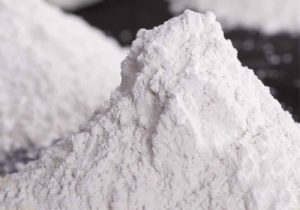
CP-992 Organophilic clay
CP-992 Organophilic Clay, the wet process improved viscosifier and gelling agent . It is a rapidly dispersing.
Bentonite cost per ton | If you need a cost effective organic bentonite with very stable quality, then finding us is the right decision. We will send you the product TDS and cooperate with you to provide free samples for testing to find the most suitable model for you. The ORGANOCLAY price per ton of bentonite will depend on the application and Purity.
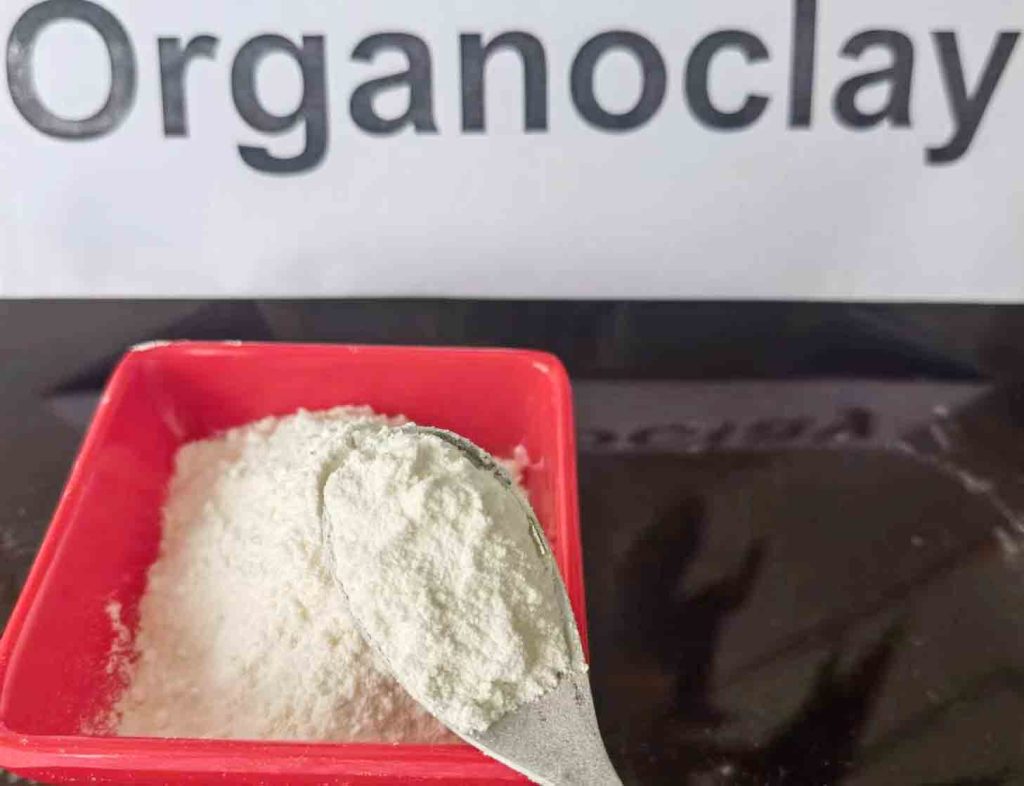

CP-992 Organophilic Clay, the wet process improved viscosifier and gelling agent . It is a rapidly dispersing.

CP-982 Organophilic Clay is an amine treated bentonite with a moderate temperature performance.

CP-150 Organophilic Clay is a self-activating organoclay that disperses easily and performs well in diesel, low aromatic mineral oil, modified vegetable oil, and synthetic base fluid formulations.
Bentonite cost per ton : The cost of bentonite depends on the type of organoclay bentonite you choose, and the price of organo bentonite varies in different application fields. Of course, the most direct impact on the cost of punishment is our process. So when you need to purchase organoclay bentonite, please tell us w
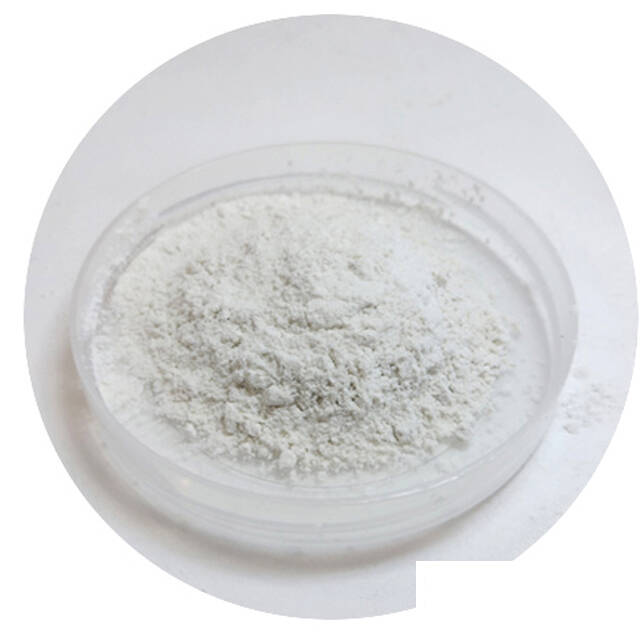

CP-10 organoclay is a rheological additive made of organoclay. It is used in non-polar to moderately polar aliphatic and other solvent systems

CP-MPZ organoclays is an modified bentonite that is used in solvent and resin systems ranging from non-polar to highly polar.

The CP-MPS rheology modifier is a type of organo clay rheological additive that is used in solvent and resin systems ranging from non-polar to high polarity.
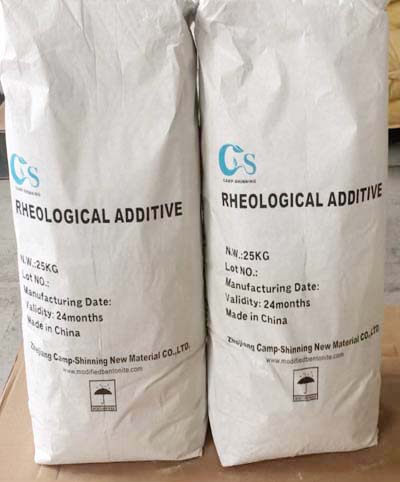
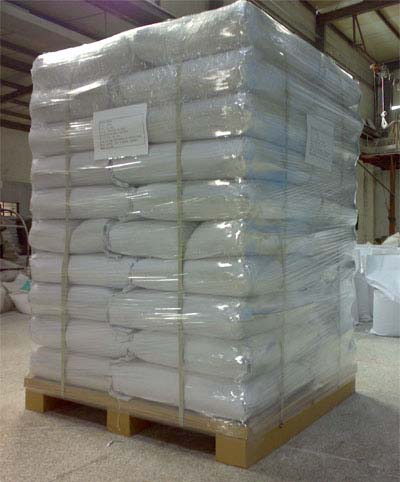
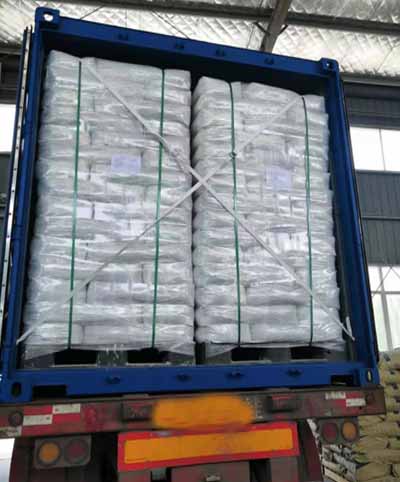
Organoclay Supplier / Manufacturer :
Internet address: https://www.rheologymodifiers.com/
Email address: [email protected]
Whatsapp / Wechat: +86-13185071071
Organophilic Clay Supplier / Manufacturer :

CP-EW Organoclay for Water Based paint. It is primarily employed in water borne paint systems,such as latex paint. So it is a good water based additive in paints,coatings,grease etc.

CP-EWS Modified bentonite It is employed in a water-borne coatings system. CP-EWS organoclay outperforms CP-EW in terms of thixotropy, transparence, and dispersion.

CP-WBS Rheology Modifier is rheological modified bentonite. It is mostly employed in water-borne systems.

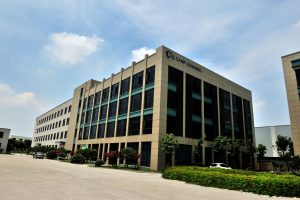
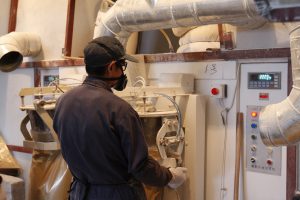
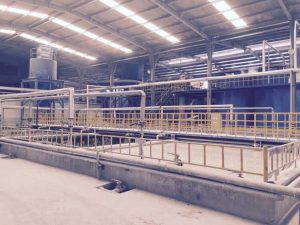
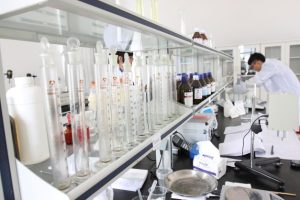
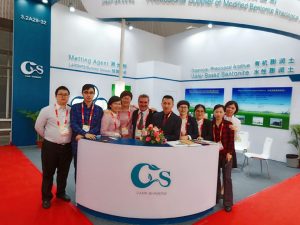
The Organoclay bentonite | Organophilic clay -specialized Zhejiang Camp-Shinning New Material CO.,LTD. and Hangzhou Camp-Shinning CO.,LTD. are subsidiaries of Camp-Shinning.
Camp-shinning concentrated on high value-added, high-technology organo bentonite series products, particularly in research, development, manufacturing, and sales of organic (solvent based organoclay) and inorganic bentonite (water based organoclay).
Our Organophilic bentonite clay finds widespread application in oil drilling mud, paint, coating, lubricating grease, adhesive, construction mortar, cosmetics, and waste water treatment, among other applications. A group of world-class professional users and distributors, such as SUN CHEMICAL,,SIEGWERK,LEHMANN &VOsS, and others, have acknowledged our dependable quality.
Current annual production of organic bentonite clay | organoclay is 20,000 metric tons, while refined bentonite production is 15,000 metric tons.
Our ISO 9001 quality system certification and IS014001 environmental management system certification, as well as our own mine with superior ore quality and production of proprietary technology, ensure the long-term quality and supply stability of our Organoclay bentonite | Organophilic clay.
Our mission is to provide users with superior Organoclay bentonite | Organophilic clay and services and to collaborate with them to achieve success and glory.
Internet address: https://www.rheologymodifiers.com/ and email address: [email protected]
Whatsapp / Wechat: +86-13185071071
Organoclay Bentonite Price Per Ton
The price of organoclay bentonite is quite inexpensive, although it is influenced by a variety of circumstances. Shipping costs, the type of bentonite required, and the quantity required are all considerations. Purchasing in bulk can occasionally result in lower unit costs, albeit this may not be possible for small businesses. Full truckloads of bentonite cost approximately $90-$100 per ton and are delivered in 3,000-pound super-sack sacks.
Bentonite transformation : Bentonite cost per ton
The modification process can be utilized to improve bentonite’s hydrophobicity and thermal stability.
Bentonite suspensions had decreased viscosity, yield stress, and storage modulus. They also showed coagulation behavior. These investigations show that the net surface charge of hybrid additives corresponds to their rheological properties. These characteristics could be attributed to the presence of embedded nanoparticles.
One approach used in the production of organoclay is the modification of bentonite with magnetic nanoparticles. These nanoparticles are implanted on the surface of bentonite clay and are used to prepare ferrofluid. This approach enhances foulant reversibility. It also increases the penetration rate and anti-irreversible fouling ratio of the bentonite nanocomposite membrane.
The first stage in the technique is to purify the bentonite. For this, a high concentration of an inorganic acid is used. The therapy is frequently performed at temperatures below the boiling point. In this case, white bentonite from Paraiba, Brazil, was processed with hydrochloric acid under moderate circumstances.
Organoclay bentonite is often cheap per ton. The type and quantity of bentonite used determine the cost. A whole truckload of bentonite costs less than a smaller quantity of bentonite for a small project.
Organoclay is created when a smectite-type clay reacts with a higher alkyl-containing quaternary ammonium molecule. It is used in the gelling of organic liquids and grease lubrication. Organoclay gelling agents are produced via well-known chemical methods. When organic molecules containing cations combine with clay, ion exchange occurs.
There are various advantages of using organobentonite. It is used in oilfield drilling fluid and fracturing fluid, and costs between USD1.5 and USD2.7 per kilogram. This method is suitable for high-temperature applications and has a high impermeability.
The procedure works well for removing oil, greases, and organic compounds with low solubility. Organoclay can be used in place of traditional solvents. Organoclay is an excellent adsorbent that may also be used to remove oils and greases.
A variety of parameters influence organoclay efficiency, including pollutant type, concentration, pH, and contact time. The experiment was conducted in simulated water at different temperatures.
Bentonite cost per ton
Organoclay bentonite has been used in a variety of applications. It is extremely useful in the treatment of water-borne contaminants. It is a powerful adsorbent that has proven to be a viable solution to a variety of problems.
Natural clays are a cheap and abundant resource that can be used to filter waterborne contaminants. They are also environmentally friendly.
Recent advancements in the use of natural clays highlight their versatility and potential in a wide range of applications. They can eliminate a variety of contaminants from both organic and inorganic sources.
Bentonite cost per ton
Organoclay Supplier / Manufacturer :
Internet address: https://www.rheologymodifiers.com/
Email address: [email protected]
Whatsapp / Wechat: +86-13185071071
Organophilic Clay Supplier / Manufacturer :

CP-180 organoclay is an organo clay rheological additive (modified montmorillonite) designed specifically for use in solvent-based systems

CP-34 organoclay is a modified bentonite that has been specifically designed for use in solvent-based systems.

CP-EDS modified bentonite is a kind of organo clay rheological additive. It is used in systems of medium polarity and high polarity system.
Bentonite cost per ton